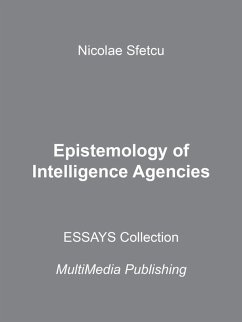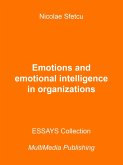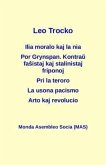About the analogy between the epistemological and methodological aspects of the activity of intelligence agencies and some scientific disciplines, advocating for a more scientific approach to the process of collecting and analyzing information within the intelligence cycle. I assert that the theoretical, ontological and epistemological aspects of the activity of many intelligence agencies are underestimated, leading to incomplete understanding of current phenomena and confusion in inter-institutional collaboration. After a brief Introduction, which includes a history of the evolution of the intelligence concept after World War II, Intelligence Activity defines the objectives and organization of intelligence agencies, the core model of these organizations (the intelligence cycle), and the relevant aspects of the intelligence gathering and intelligence analysis. In the Ontology section, I highlight the ontological aspects and the entities that threaten and are threatened. The Epistemology section includes aspects specific to intelligence activity, with the analysis of the traditional (Singer) model, and a possible epistemological approach through the concept of tacit knowledge developed by scientist Michael Polanyi. In the Methodology section there are various methodological theories with an emphasis on structural analytical techniques, and some analogies with science, archeology, business and medicine. In Conclusions I argue on the possibility of a more scientific approach to methods of intelligence gathering and analysis of intelligence agencies.
CONTENTS:
Abstract
1 Introduction
1.1. History
2. Intelligence activity
2.1. Organizations
2.2. Intelligence cycle
2.3 Intelligence gathering
2.4. Intelligence analysis
2.5. Counterintelligence
2.6. Epistemic communities
3. Ontology
4. Epistemology
4.1. The tacit knowledge (Polanyi)
5. Methodologies
6. Analogies with other disciplines
6.1. Science
6.2. Archeology
6.3. Business
6.4. Medicine
7. Conclusions
Bibliography
DOI: 10.13140/RG.2.2.12971.49445
Dieser Download kann aus rechtlichen Gründen nur mit Rechnungsadresse in A, B, CY, CZ, D, DK, EW, E, FIN, F, GR, H, IRL, I, LT, L, LR, M, NL, PL, P, R, S, SLO, SK ausgeliefert werden.









